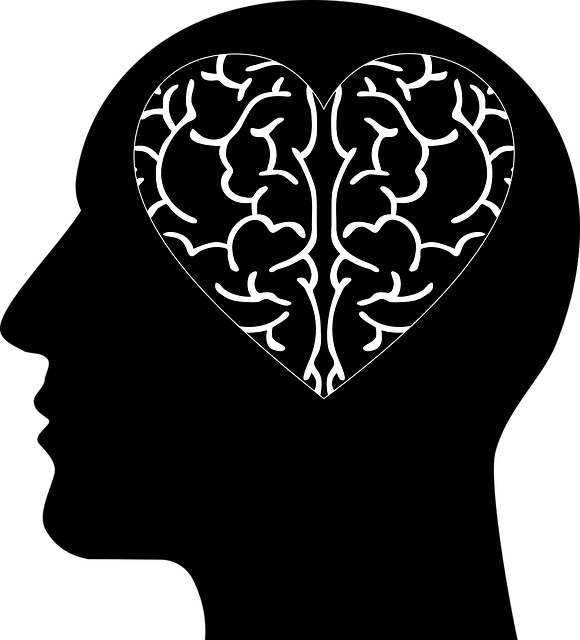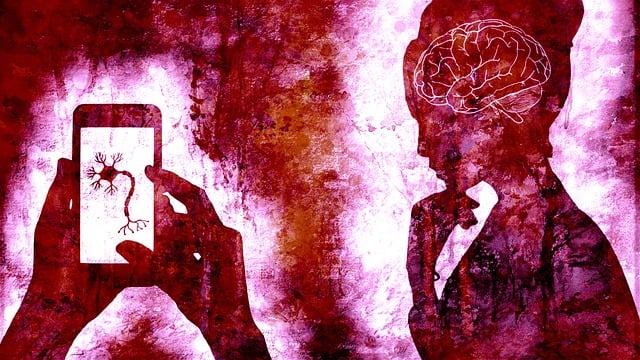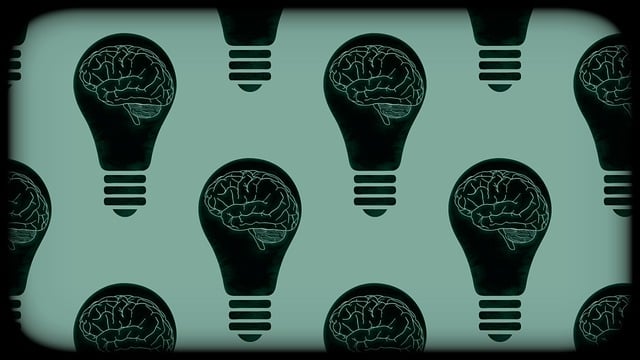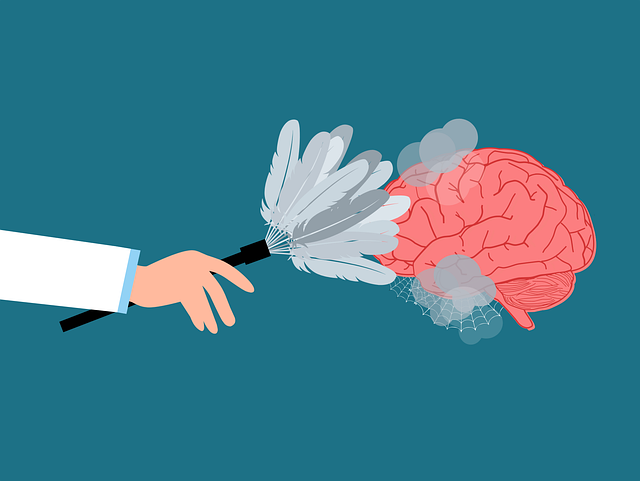The pervasive stigma around mental illness hinders people from seeking help, leading to isolation and undiagnosed suffering, particularly in couples therapy. Parker Relationship Issues Therapy (PRIT) offers an innovative approach by integrating mindfulness meditation, communication workshops, self-awareness exercises, trauma support, and conflict resolution techniques. PRIT helps individuals challenge negative beliefs about mental illness, develop healthy coping mechanisms, enhance resilience, and reduce fear of judgment. Community engagement, education, and promoting proactive self-care routines are also crucial in combating stigma, fostering understanding, and providing safe spaces for support.
Mental illness stigma remains a significant barrier to treatment, impacting millions globally. This article delves into strategies aimed at reducing this pervasive social issue. We explore the profound effects of stigma on mental health and introduce innovative approaches like Parker Relationship Issues Therapy, offering a unique perspective on challenging societal perceptions. Furthermore, we highlight the critical role of community engagement and education as powerful tools in fostering understanding and acceptance.
- Understanding Stigma and Its Impact on Mental Health
- Parker Relationship Issues Therapy: A Unique Approach to Combating Stigma
- Community Engagement and Education: Key Strategies for Reducing Stigma
Understanding Stigma and Its Impact on Mental Health

Stigma surrounding mental illness is a pervasive issue that significantly impacts individuals’ willingness to seek help and support. It often manifests as negative attitudes, beliefs, and stereotypes associated with conditions like depression, anxiety, or more severe psychiatric disorders. This societal stigma can lead to isolation, discrimination, and a reluctance to discuss mental health openly. As a result, many people struggling with their mental well-being suffer in silence, which exacerbates existing symptoms and hinders their path to recovery.
Understanding the impact of stigma is crucial, especially in addressing relationship issues through therapy. For instance, Parker Relationship Issues Therapy recognizes that pre-existing stigma can affect couples’ openness to seeking professional help. By incorporating strategies such as mindfulness meditation and communication workshops organized by stress management groups, therapists can create a supportive environment. These approaches encourage clients to explore their emotions, challenge negative beliefs, and develop healthy coping mechanisms, ultimately reducing the burden of mental illness stigma.
Parker Relationship Issues Therapy: A Unique Approach to Combating Stigma

In the ongoing efforts to reduce stigma surrounding mental illness, innovative therapeutic approaches like Parker Relationship Issues Therapy (PRIT) are making waves. This unique form of therapy focuses on addressing the intricate link between mental health and interpersonal relationships, aiming to equip individuals with the tools to navigate their emotional challenges more effectively. PRIT incorporates self-awareness exercises that encourage introspection, enabling clients to understand their thoughts and feelings better. By fostering deeper self-understanding, these exercises become a powerful weapon against stigma by promoting empathy and compassion towards oneself and others.
Beyond self-awareness, PRIT seamlessly integrates trauma support services and conflict resolution techniques into its core practice. By addressing underlying traumas and teaching constructive conflict management skills, PRIT helps individuals break free from destructive patterns that often perpetuate mental health issues. This holistic approach not only aids in managing symptoms but also promotes resilience, empowering individuals to face life’s challenges with greater confidence and a reduced fear of judgment.
Community Engagement and Education: Key Strategies for Reducing Stigma

Community engagement and education are powerful tools in the fight against mental illness stigma. By bringing people together and fostering open conversations, we can dispel myths and promote understanding. This involves organizing workshops, seminars, and community events that focus on mental health awareness. These platforms allow individuals to share their experiences, break down barriers, and encourage empathy. For instance, Parker Relationship Issues Therapy has successfully used community engagement strategies to connect people facing similar challenges, providing a safe space for support and guidance.
Educational initiatives play a crucial role in this process. Schools, workplaces, and community centers can offer programs that teach about mental health, its signs, and available resources. Equipping individuals with knowledge enables them to recognize when someone might be struggling and offer appropriate Crisis Intervention Guidance. Moreover, promoting Resilience Building and Self-Care Routine Development for Better Mental Health can empower people to take proactive steps in managing their well-being and reduce the fear associated with seeking help.
Mental illness stigma reduction is a multifaceted approach that combines education, community engagement, and innovative therapeutic methods like Parker Relationship Issues Therapy. By understanding the profound impact of stigma on mental health and implementing key strategies, we can foster more inclusive environments. This collective effort not only supports better mental well-being but also encourages individuals to seek help without fear of judgment. Parker Relationship Issues Therapy, with its unique focus on interpersonal connections, plays a significant role in this transformative process, paving the way for a more compassionate and understanding society.














